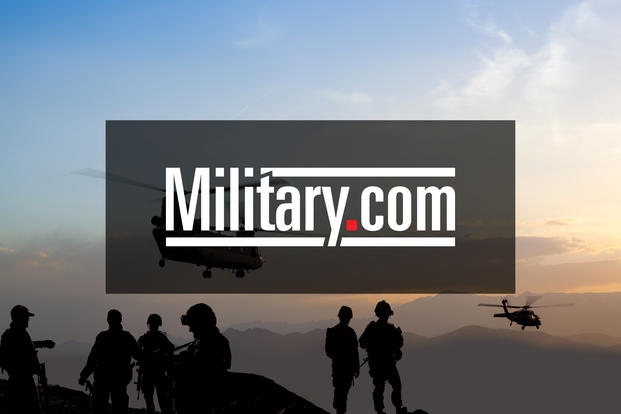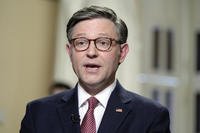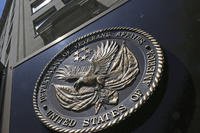Top U.S. military brass want to isolate and incapacitate extremist groups in Iraq and Syria until they're weak enough that local authorities can keep them at bay.
To do that, the "full range" of military options remains available, Chairman of the Joint Chiefs Gen. Joseph Dunford said Thursday.
Speaking at a forum at the Brookings Institution in Washington, D.C., Dunford declined to disclose results of a 30-day review of the U.S. military strategy to defeat the Islamic State, or ISIS, commissioned by President Donald Trump at the end of January. But he said decisions about how to accelerate the fight would include careful deliberation and consideration of the second- and third-order effects of U.S. military action.
"We've been given a task to go to the president with options to accelerate the defeat of ISIS specifically but also obviously other violent extremist groups as well," Dunford said. "So we will go to him with a full range of options from which he can choose."
The fight in Iraq and Syria is a transregional one, he said, involving the extremist group al-Qaida and similar groups, as well as ISIS militants. To date, he said, foreign fighters from between 100 and 120 countries have joined the battle in the two countries, making the problem more complex and necessitating a plan to isolate militant groups from each other in order to defeat them.
"Our plan to be successful needs to, one, cut the connective tissue between regional groups that now form a transregional threat," Dunford said.
"Then drive the threat down to the level where local law enforcement and security forces can deal with that threat and, first and foremost, it's incapable of conducting operations against the United States," he added. "At the end of the day, and I think unapologetically, our first priority is to protect the American people from this threat."
Ahead of the conclusion of the 30-day review, decisions continue to be made at every level on how to prosecute the fight, Dunford said. Since Defense Secretary Jim Mattis was confirmed Jan. 20, he said, he has made "three or four" decisions about how to deploy or rotate capabilities to the fight based on requests and information from Army Gen. Joseph Votel, commander of U.S. Central Command.
"We make adjustments in the deployment of our capability, we rotate forces on a routine basis, we change the force disposition, we change the posture, we change the communications. Those things are being done every day," Dunford said. "If you stay still in this environment, you are not competitive."
On the question of whether ground troops might be deployed to Syria in a push to win the fight, Dunford would say little. But Trump, who will make the ultimate decision, will be informed on the complexities in the region, including the multiple Kurdish groups on the ground and regional powers, including Iran and Russia.
"What we don't want to do is bring him options that solve one problem only to create a second problem," Dunford said.
"If you were to take Webster's and rewrite it and ... describe the word 'wicked,' I think you'd have to look at the problem we're dealing with right now with regard to ISIS in the Middle East, in terms of the various perspectives that have to be addressed in order to solve those problems."
-- Hope Hodge Seck can be reached at hope.seck@military.com. Follow her on Twitter at@HopeSeck.
Related Video:
Five Things You Don’t Know: ISIS






























